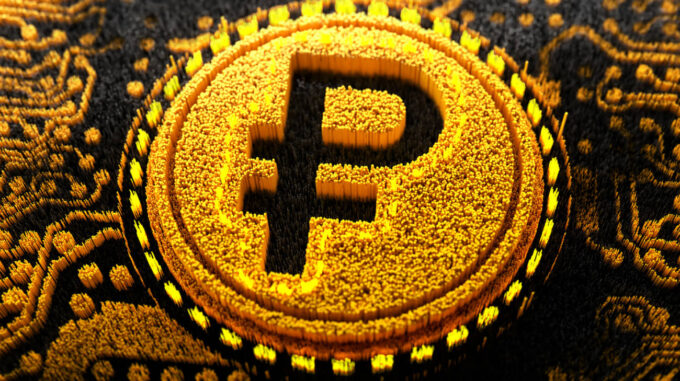The Ministry of Foreign Affairs of Ukraine: The Kremlin Actively Promotes Digital Ruble as a Means of Control Over Its Population

The Main Directorate of Intelligence of Ukraine has made a loud statement regarding another step taken by the Russian regime towards increasing internal control. According to Ukrainian intelligence, the Kremlin is introducing a new digital currency — the digital ruble — with the goal of fully monitoring citizens' financial transactions and strengthening state influence over the personal finances of every Russian. According to official sources from the GUR, this financial project is not merely an innovation in electronic payments but a systemic control tool. Starting from the beginning of 2026, Russian public servants will receive their salaries exclusively in digital form, enabling the government to control every movement in the financial sphere. It is expected that the full implementation of the system will allow the Kremlin to track all transactions — from expenses on goods and services to their locations — and even restrict spending based on geographic location or category of goods. Intelligence sources report that the digital ruble will become a so-called "state railway" for money circulation in Russia. From now on, they say, the Kremlin will be able to block citizens' bank accounts without court decisions — and that’s not all. Automated systems will be capable of deducting taxes or fines from accounts, making debt collection or unwarranted spending even more difficult. The Russian publication Meduza reports that the digital ruble is a new form of currency that exists alongside physical banknotes and cashless accounts. Each digital coin will have a unique code, similar to serial numbers on traditional banknotes — ensuring the identification of each unit within the system. Electronic funds will be stored in specialized digital wallets hosted on a platform developed by the Central Bank of Russia. According to Russian officials, this regime offers several significant advantages. In particular, in the event of a bank bankruptcy, citizens’ funds will allegedly remain safe, as the digital ruble guarantees a preservation of equivalent value. Additionally, government claims state that the digital ruble will make money transfers faster and cheaper, reduce transaction fees for businesses, and simplify secondary operations. However, experts and the international community warn about potential risks and possible abuse of such a control system. The introduction of the digital ruble, in their opinion, is another step toward strengthening an authoritarian regime, complicating citizens’ lives, and consolidating power with the financial sector. The most pressing concern is the possibility of unchecked financial surveillance and suppression of any political opposition or dissent, which fully aligns with the rhetoric of Kremlin authorities about the need to "ensure stability and security." Therefore, the introduction of the digital ruble is not just a modernization of Russia’s monetary system. It is a strategic tool aimed at increasing state authority and gaining complete control over citizens. While official officials claim that this benefits ordinary users, experts criticize such initiative as a potentially dangerous step toward greater government intrusion into the most intimate aspects of people's lives.

